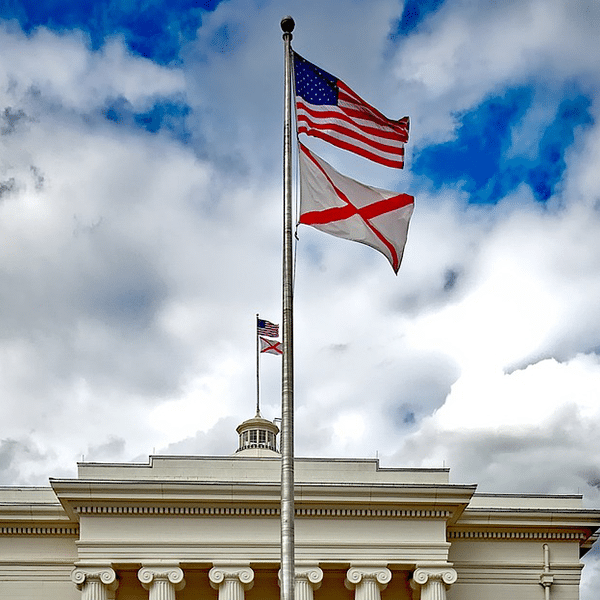The Federal Communications Commission (FCC) said in a statement that, with the Universal Service Fund (USF) under threat by the courts, it “may be forced to end vital programs that help connect schools and libraries, hospitals, rural areas and low-income households.”
FCC Chairwoman Jessica Rosenworcel highlighted the importance of the $8 billion fund in her statement. Established by Congress in 1996, the USF is designed to support essential communications investments in areas where the market alone is insufficient.
For example, the Universal Service Fund connects schools and libraries through the E-rate Program, where funds have benefited more than 54 million students, the FCC said. It provides high-speed internet in hard-to-connect communities through the High-Cost Program, where carriers last year received more than $4 billion to connect households in the most rural communities.
USF also provides basic phone and internet for low-income households through the Lifeline Program, under which 7.6 million subscribers in March received discounted phone and/or internet service.
Despite the benefits, the Fifth Circuit Court of Appeals in New Orleans in late July, delivered what one industry lawyer described as “a shock to the industry.”
The court ruled that the funding framework of the Universal Service Fund — operating as a tax imposed on consumers through telecommunications companies — is unconstitutional. Although Section 254 of the U.S. Code grants the FCC authority to levy taxes, the court found that this delegation of power does not align with the Supreme Court’s precedents.
Lawyer Marc Martin, a partner with Perkins Coie LLP and former attorney adviser for the FCC, told Telecompetitor earlier this month that the case is expected to head to the Supreme Court, where it is “likely” the Fifth Circuit Court’s ruling will be upheld.
Rosenworcel in her statement last week called the decision “misguided and wrong,” because it “upends decades of bipartisan support for FCC programs that help communications reach the most rural and least-connected households in our country, as well as hospitals, schools, and libraries nationwide.”
The FCC statement noted that the Fifth Circuit Court’s decision about the Universal Service Fund contravenes with rulings by the Sixth and Eleventh Circuits. Rosenworcel has stated that the agency will explore all possible options for review.



